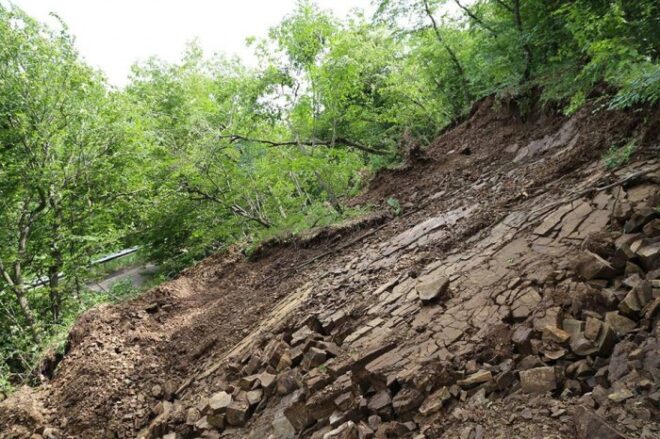United Nations Development Program (UNDP) has been actively aiding the Georgian government in the prevention and control of climate change-related concerns, particularly climatic disasters.
Georgia is one of the nations receiving aid from the Green Climate Fund. The assistance ensures the development and implementation of systemic approaches to climate change.
Anna Chernyshova, Deputy Resident Representative at UNDP in Georgia, set in an interview with Georgian Public Broadcaster (GPB) to discuss the UNDP’s pioneering program being currently implemented together with the Georgian government.
The program has two components: the development of a hydro-meteorological monitoring system as well as multi-hazard and early warning systems.
“The program’s first direction is to create a hydro-meteorological system of monitoring the weather and also the rivers, the level of the water in the rivers. Once the water reaches a certain level, there has to be certain action taken by the authorities and by the population to somehow address this. The second component is the creation of a system, multi-hazard and early warning system. We are working on 11 river basins in Georgia, the major rivers like Rioni, and Enguri and other rivers.
The major risks which are covered by this program are some of those risks that I have already mentioned – floods, mudflows, landslides, avalanches and also, hails, droughts, and others. This system will allow to monitor these risks, forecast such events, also make the population aware to prepare the government and the local authorities to address this risk,” she asserted.
The seven-year program, according to Chernyshova, is funded with $74 million, 27 of which are contributed by the Green Climate Fund, $5 million by the Swiss government, $4 million by the Swedish government, and the remaining $38 million by the Georgian government.
“There are some accusations of the Georgian government that they took $74 mln and did nothing; these accusations are completely untrue because as you can see the Georgian government itself contributes funds to this program,” she asserted.
Deputy Resident Representative believes what we can do is take a whole-society and whole-universe approach as “every effort matters, and we start from the individual and also the government and the private sector and all this contributes to one big effort to somehow stop and adapt to this biggest existential threat we are facing.”
She mentioned two strategies to deal with climate change: mitigation and adaptation. Mitigation refers to our efforts to limit climate change from further spreading, whereas adaptation implies being prepared for calamities.
“Some countries are already thinking of introducing lockdowns and restrictions similar to covid because the temperature outside is getting close to 50 degrees which is posing a severe health risk.
Norway, Denmark, Sweden, Germany, and many of these countries have almost entirely switched to renewable energy from fossil fuels. This is the example to humanity,” she stated.
Chernyshova added that the said systems, assisting to prevent and address disasters, would be fully available likely at the end of 2025 or at the beginning of 2026.
